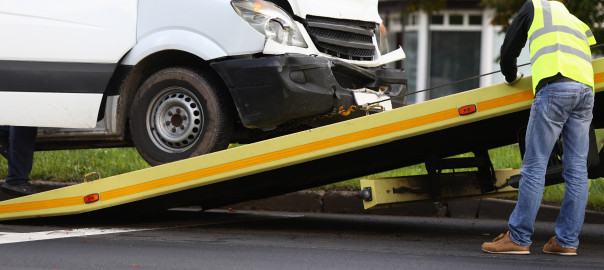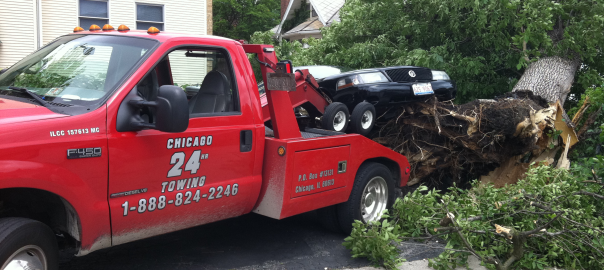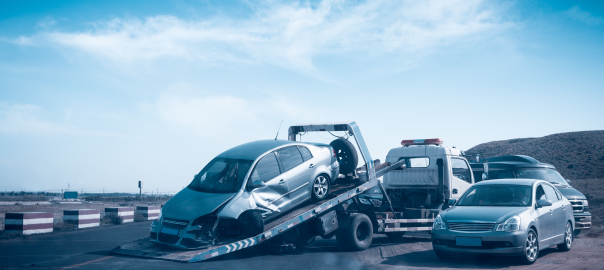Tow truck drivers are employed in a wide variety of professional industries, as well as dealing directly with civilian clients who may require towing assistance. Whether a vehicle gets somehow disabled, in an accident, ends up parked in an unauthorized place, or needs to get re-possessed, a tow truck driver will bring it to it’s required destination. The requirements stipulated for tow truck drivers vary state-by-state, but all in all they are present in order to ensure the full level of competence for all tow truck drivers on the road. In this brief blog post, the experts at Chicago Towing will detail some of the intense requirements for our professional tow truck technicians.
Government Agency Licensing
All qualifications including certificates and licenses for tow truck drivers are distributed and administered by either, or both, locally based or State run governing agencies. The standard age requirement is usually 18 years old at the minimum. Many State regulations stipulate that all prospective tow truck drivers submit their fingerprints so their criminal background can be investigated – and others require the payment of a fee- and of course, the holding of a valid driver’s license. The United States Dept. of Transportation requires large haul tow truck drivers to carry a separate commercial tow truck driver’s license.
Commercial Licenses
The United States Dept. of Transportation requires possession of a commercial driver’s license for tow trucks or cargo exceeding over 26,001 pounds, many local or state agencies require the possession of a commercial driver’s towing license for every kind of towing job. Commercial licenses are only rewarded after attendance of classes, accredited training, and the successful grade of a written test as well as driving test. The major benefit of gaining a commercial driver’s license for drivers is that it leads to an increase in employment opportunities for them.
Hours and Abilities
Local, state, and federal licensing agencies require that tow truck drivers are in good physical health states. Tow truck drivers are required to qualify a selection of assessment tests that measure vision, hearing, response time, and physical fitness. Many employers also issue required drug tests in order to qualify for their insurance policy. Tow truck drivers often work strange overnight hours, as well as during weekends and holidays. Anyone interested in being a tow truck driver has to be willing to work according to this strange schedule, and even work overtime sometimes.
Official Certificates
Many organizations exist like the Towing and Recovery Association of America, as well as the Professional Truck Driver institute that can provide tow truck driver certification. While certification isn’t always required by employers, official certification can vastly increase employment chances for prospective drivers, so it’s a common professional route. These non-governmental organizations also require passing of coursework or maintaining current employment as a tow truck driver, filling out an application, payment of a fee, or the successful passing of a nationally administered credential exam.



